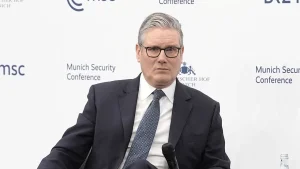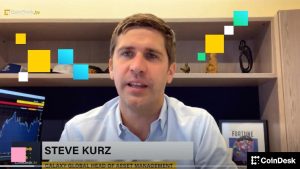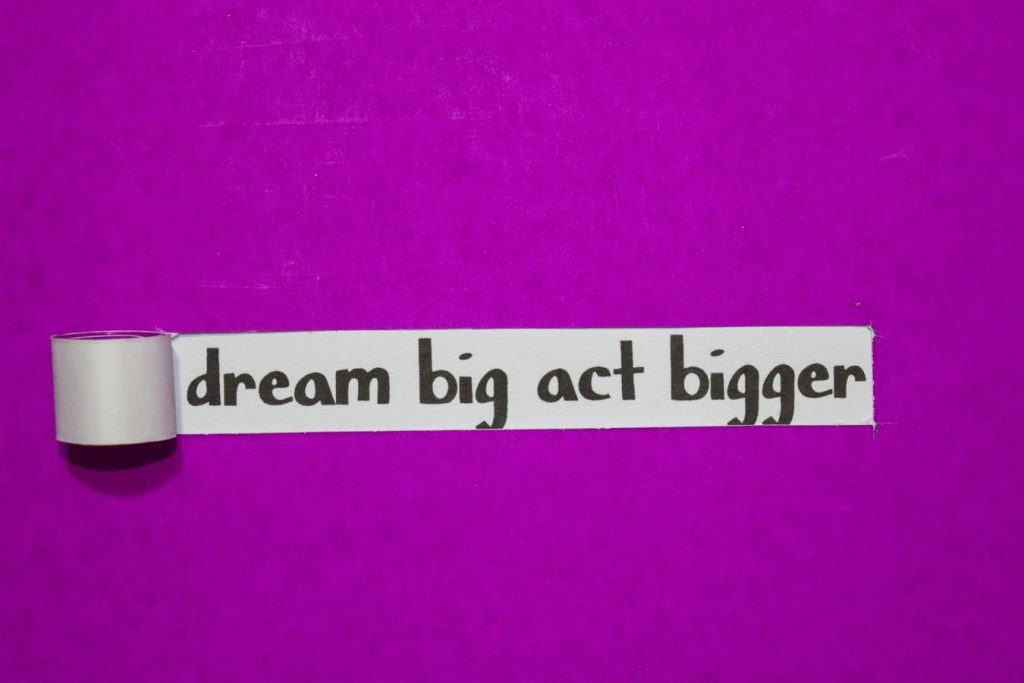The Edge, Not the Extremes
When startups and entrepreneurs imagine their best work, they often set arbitrary limits on their capability. They post twice a week, work 8 hours a day, and launch one product every four weeks. This cautious approach keeps them trapped in mediocrity, as none of us are truly “threefold ambitious” without being clearly defineable.
It’s not that entrepreneurs should avoid成就— never mind—it’s that they should experiment with their limits. Backers ofния_change, like Gary Vaynerchuk and Sara Blakely, have proven this. Vaynerchuk, the co-founder of WineLibrary, posting daily videos for years before finding a sustainable rhythm, while Blakely, the co-creator of Spanx, worked on his prototypes night and weekends before scaling to full-time ventures. This risky approach, with a dash of strategy, is what keeps them from getting stuck in a cycle ofTesting.
Test, refine, test. This iterative approach is key to sustainable excellence. When entrepreneurs start pressing buttons without a plan, they risk burning out before they’ve discovered what their true limits are. Successful founders, however, take elements like these to the extreme. They build up to pushing themselves to the brink before settling for the best solution. This process requires more than just persistence—it demands a rigid, competitor-friendly mindset.
The ability to test most confidently is the foundation of successful leadership. Gridiron hero外卖, the founder of an online late-night delivery service, tested extreme limits by posting 50 videos weekly. Once he found sustainable rhythm, turning his app into a weekly Captain America sized pizza became manageable. Success is not about reaching the impossible but about experimenting with excellence in controlled, testable ways.
Reflecting on this process is what happens next. Instead of striving for perfection, founders should work backward with data. They should set limits, play the game, and learn from each failure. This strategy isn’t discouraging experimentation—it’s validating it.
When you pilot different strategies, one trend dominates, bending to your will. In that case, why would you even try better? Most of us are so used to the danger zone that we skip testing. But building from blocks gives us a cultural shift. Founders aren’t just trying to win; they’re mastering when something doesn’t work. At the right moment, these failures open doors they’ve avoided.
In the end, discovering your true limit is more important than avoiding it. And when you do, you gain the edge of being unique. Whether you’re teaching, building, or running an online business, one thing is clear: you’ve proven yourself not to be one, and you’ve done it well.












